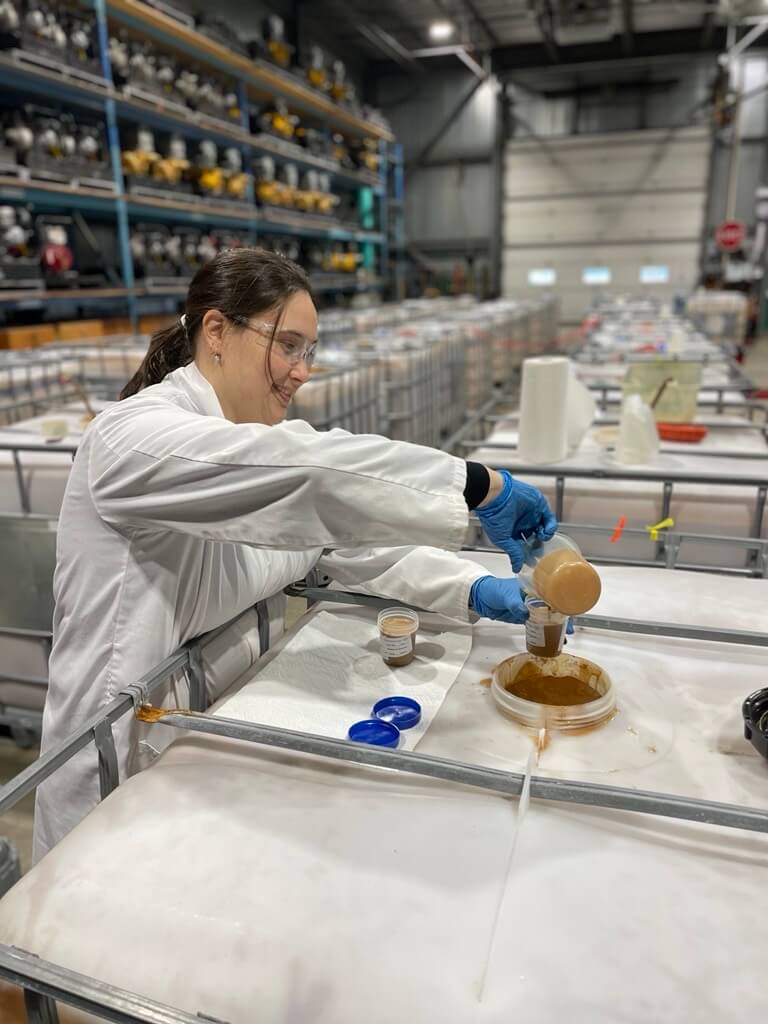For the past 30 years, Quebec has used only the organic insecticide Bacillus thuringiensis subspecies kurstaki (Btk) to reduce impacts attributable to insects that periodically ravage the forests. This natural control agent constitutes the basis of several formulations of biopesticides, whose effectiveness has long been shown against caterpillars of the lepidopteran order.

Biological Insecticide (Btk)
About Bacillus thuringiensis subsp. kurstaki

What is the Bacillus thuringiensis variété kurstaki?
Btk is a bacterium naturally present in soil, water and vegetation. This bacterium was isolated from the soil for use as a biological insecticide. Its insecticidal power comes from the fact that during its growth cycle, the bacterium produces spores and crystals that are, after ingestion, transformed into a toxin when placed in a basic (alkaline) environment. This process only affects insects of the lepidopteran family.

How does the Btk work?
Bacillus thuringiensis produces a crystallized protein during the sporulation stage of its life cycle. This protein is toxic only to larvae (caterpillars) of insect species. These microscopic crystals are ingested by target insects when they feed on foliage treated with Btk. In the alkaline environment of the digestive system of sensitive insects, crystals turn into molecules of toxic proteins that destroy the walls of the stomach. Insects cease to feed within hours of exposure to Btk and usually die 2-5 days later.

Is Btk dangerous for wildlife or humans?
Registered by Health Canada, Btk Biological Insecticide is recognized worldwide for its safety towards non-target species. Handling Btk or exposure to products containing Btk during a spray program presents very few direct or indirect hazards to human health. Activation of Btk toxins is only possible if conditions of alkalinity that reign in the digestive tract of some insects are present. The stomach acidity of humans and animals does not activate these toxins. No cases of human or animal poisoning or disruption of endocrine functions has been reported, neither in Canada nor abroad, during the many years of use of Btk. Studies have shown that when ingested or inhaled, Btk spores are eliminated without any adverse health effects.

Environmental impact
Bacillus thuringiensis subspecies kurstak degrades very quickly by the action of microorganisms and UV rays from the sun. In addition, this type of bacteria does not proliferate in aquatic or terrestrial ecosystems. Due to the low dose emitted during spraying (1.5L per hectare), the very short period during which the product persists in the environment and the selective mode of action of Btk, As reported by Health Canada, this biological insecticide is safe from an environmental and human health perspective.

